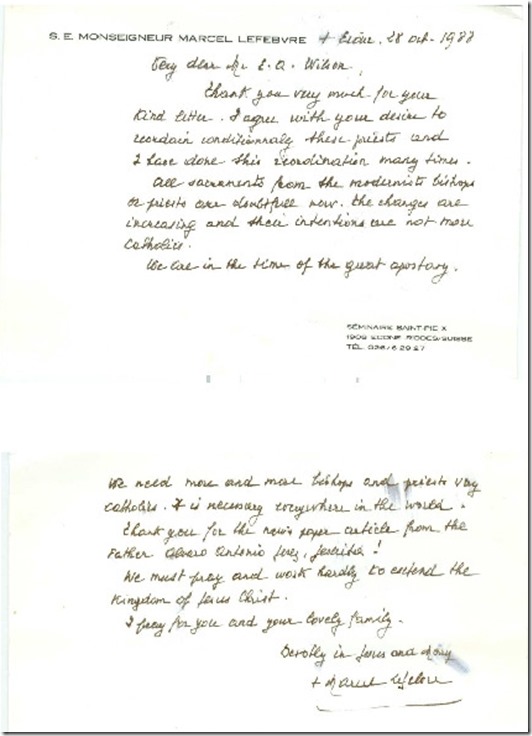Sister Lucy of Fatima and the Rosary
“Pray the Rosary every day to obtain peace in the world, and the end of the war.”
Our Lady of Fatima 13 May 1917
All souls of good will can and should pray the Rosary every day. They can recite it in a church whether the Most Holy Sacrament is exposed or residing in the tabernacle. They can pray it as a family as well as individually, while out and about or travelling. The Rosary is the most accessible prayer for everyone, both rich and poor, learned or uneducated. It should be like spiritual bread for everyone. By means of the mysteries which we recall in each decade, it nourishes and increases in our souls faith, hope and charity.
“I want … you to pray the rosary every day.”
13 June 1917
We should pray the Rosary every day for we all need to pray, and have a duty to do so. If we do not save ourselves through innocence, then we must save ourselves through penance. For this, let the small daily sacrifice of reciting the Rosary, which we offer to God, be united to this prayer of supplication:
‘Our Father Who art in Heaven… Forgive us as we forgive those who have offended us. ’ ‘Holy Mary, Mother of God, pray for us poor sinners, now and at the hour of our death.’
“I want … you to continue praying the Rosary every day.“
13 July 1917
Our Lady stresses this and asks us to persevere in prayer.
It is not enough to pray for a day. We need to pray always, every day, with faith, trustingly, since every day we commit faults, and every day we need to turn to God asking Him to forgive us and help us.
“I want … you to continue to pray the rosary every day.”
19 August 1917
Our Lady is insistent because she knows our inconstancy in doing good, our fragility and our spiritual poverty, and like a Mother, she comes to meet us, to hold us by the hand and support us in our weakness along the path which we must follow to be saved. This path is that of prayer. It’s there that we shall meet with God. That’s why she has asked us to say, at the end of each decade, ‘ O my Jesus, forgive us our sins, save us from the fires of hell, and lead all souls to Heaven, especially those who are most in need.’ That is, those who find themselves in danger of damnation.
“Continue to pray the rosary to obtain the end of the war.”
13 September 1917
By this insistence, Our Lady is showing us how we very much need to pray in order to obtain the grace of peace between nations, among peoples, in families, homes, consciences, and between God and souls.
It is only when the light, power and grace of God penetrate our hearts and souls that we will come to truly and mutually understand each other, forgive each other, and help each other. That is the only way to arrive at a true and just peace. But in order to obtain it, we need to pray!
“I want … you all to continue to pray the rosary every day.”
13 October 1917
Truly, the Rosary is the prayer that should bring us daily closer to God. It is not an exclusively Marian prayer; it is even more a biblical and Eucharistic prayer addressed to the most Holy Trinity. With each decade we pray the ‘Glory be to the Father, to the Son and to the Holy Ghost’ , and the ‘Our Father’ which Christ taught us to pray so that we could address the Father with confidence.
And we recite the ‘Ave Maria’ which is also praise and supplication to God through Our Lady’s intercession. ‘Ave Maria, full of grace, the Lord is with thee. Blessed art thou amongst all women, and blessed is the fruit of thy womb, Jesus.’
In this way we greet Mary in the mystery of our redemption, the mystery that God brought about in her, and through which Mary was appointed to be the Mother of God, Mother of the Church and Mother of men. This is why Mary was the first tabernacle in which the Father enclosed his Word, the first monstrance, and the first altar, where Our Lord has remained forever exposed to our adoration and our love.

